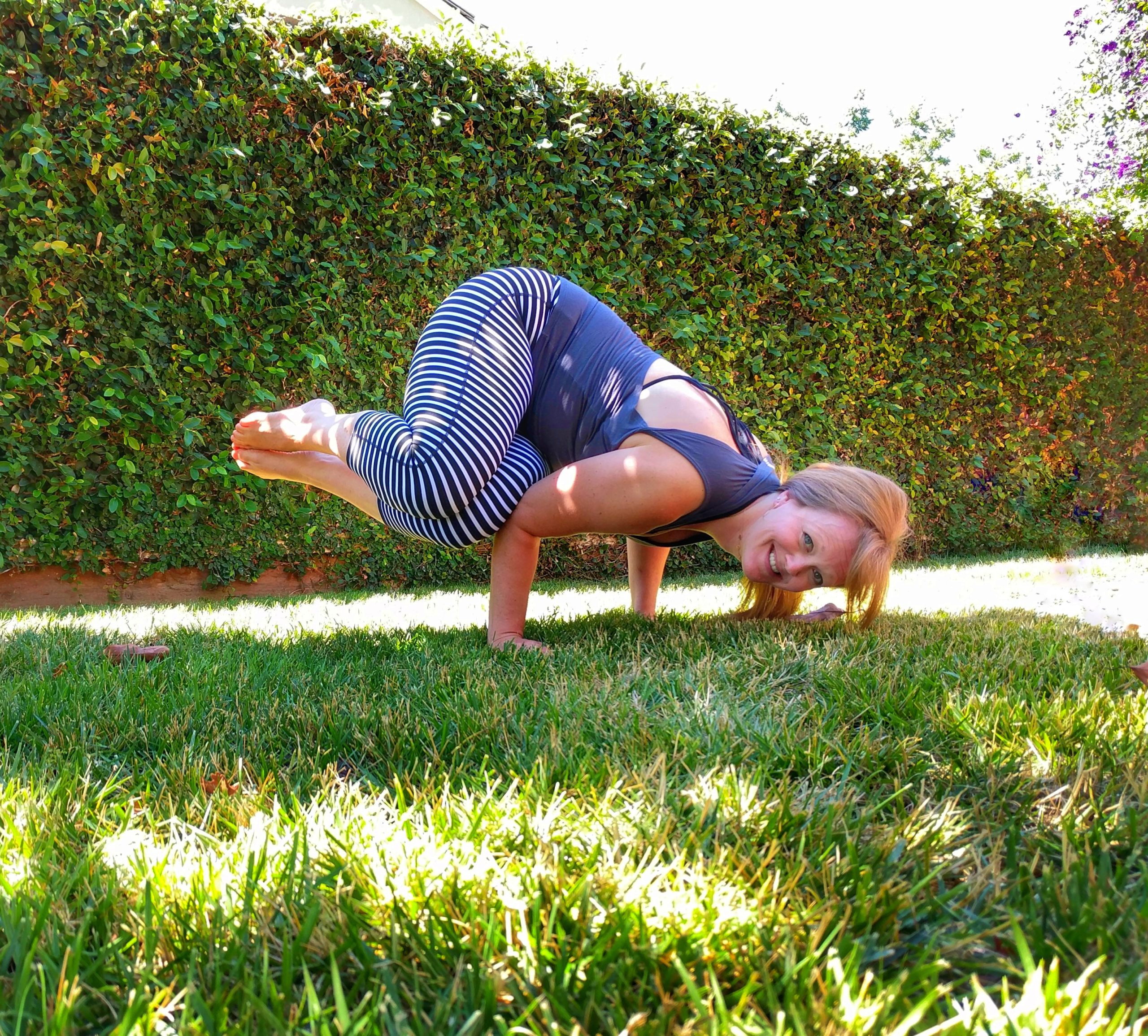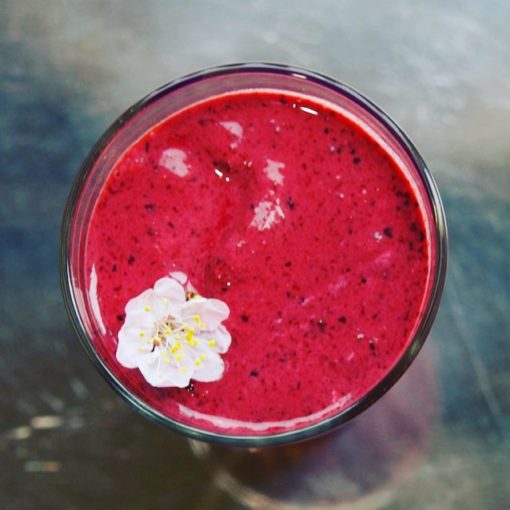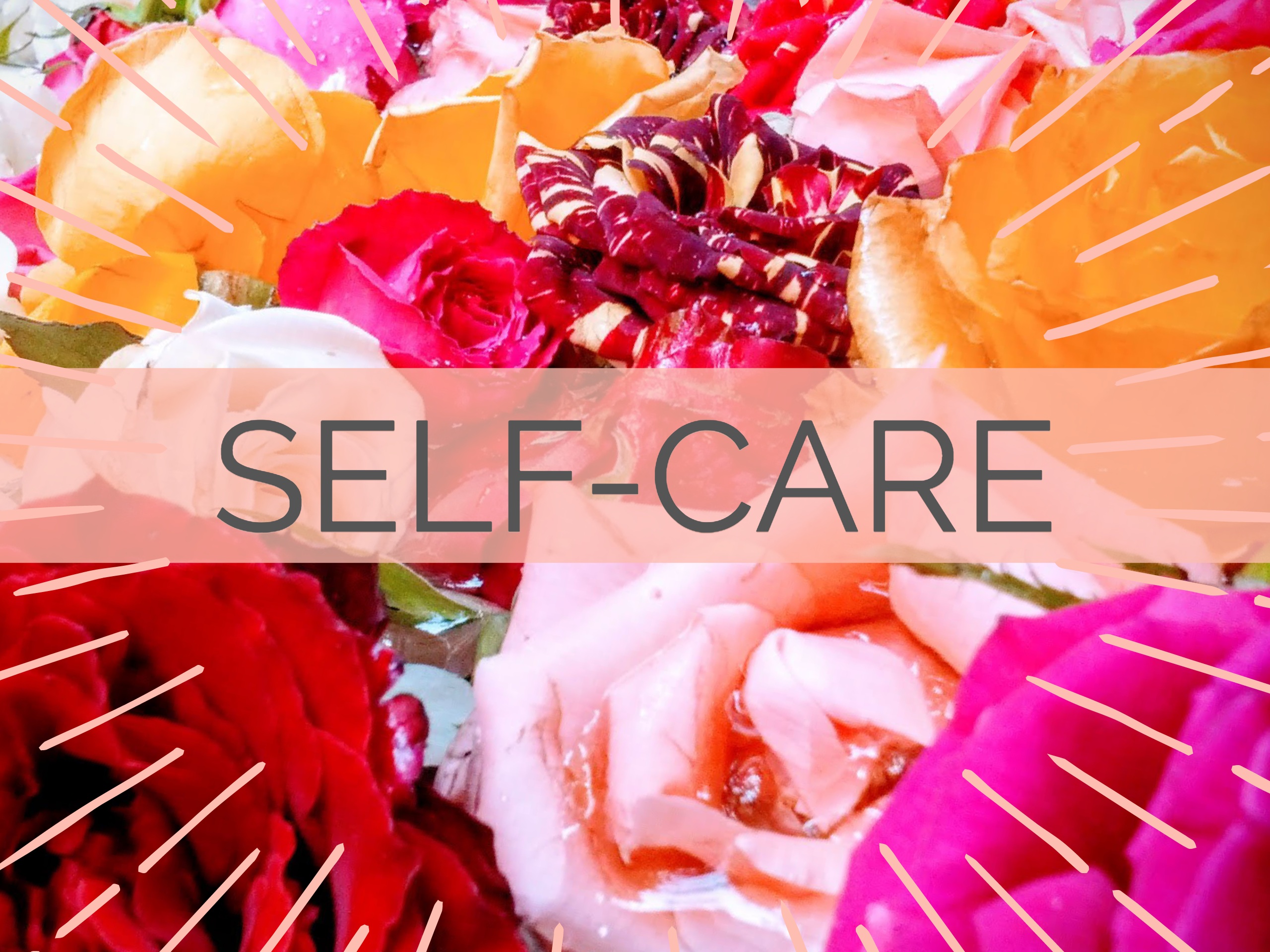Vata season sneaks up on you. As the summer days dwindle into fall, we may feel we’re still in summer. The occasional cooler weather tempered by still sunny days; the heat of summer finally abating in many places, making it feel good to get outside for those of us used to air conditioning. This shift, however, is one of the first signs of vata: mobility. Change, shift, fluctuation, movement is caused by the vata dosha in ayurveda.
Vata is the combination of ether and air. In order for there to be movement, there must be space, and air moves that which is blows on… or it dries it out, another Vata quality. As we find ourselves firmly in fall, the leaves drying and falling, we become firmly planted in this season of degeneration – letting what will slough off, die off, and shed do so, creating the opportunity for new life in the spring. The temperature shifts from fluctuation to cold, and you may start to experience those clear, bright, and cooler winter days where you can see the the brightness of the sun illuminating all around you, but you feel the piercing elements on the cloudless days – sharp, bright, penetrating to your core.
As with all of the doshas, there is no good or bad, simply in balance and out of balance. Vata dosha is needed to propel us in any way – through the cycles of seasons and time, to move our blood and fluids throughout the body, to fuel our creative thoughts, to bring the breath in and out of the body. With the natural flow of the doshas, Vata will build, these qualities building with them, and in time, Kapha will accumulate to pacify this movement to bring us back to earth.
Vata in excess, however, can lead to our diminishing health, which is so common in this season. The dry, rough qualities in excess lead to dehydration in the body, which may manifest itself as dry skin, constipation, or a hoarse voice. The cold leads to the production of mucus, in excess congestion. The energetic qualities of light, mobile, subtle may bring about anxiety or insomnia if they are not tempered with their opposites – heavy, steady, tangible.
We tend to exacerbate the vata qualities with our lifestyle, and the celebrations of holidays that happen around this time of year. We take in more information each day than our ancestors may have taken in a lifetime. Our brains are constantly context switching, or “multi-tasking”, jumping from thought to thought. We move from social obligation to social obligation this time of year, and while we may load up on some heavy, unctuous foods at these events, they typically aren’t of the best quality, which leads us to eat light, dry, raw foods in an attempt to balance out our caloric intake. Add to it quickly darting in from the cold, or continuing our early morning run in the chilly temps without the proper warmth, hopping on a plane to visit family, and the vata can slowly build until it reaches a tipping point in the body. You may experience typical vata symptoms, such as anxiety, insomnia, laryngitis, or an increase in chronic pain, but vata can also push the other doshas out of balance, so you may find an increase in kapha producing sinusitis or fatigue and lethargy.
So what to do to maintain your health during this time of year? Make sure to find balance through introducing the opposite qualities, especially if you are traveling or are in an extremely cold climate. Think warm, dense, unctuous, and steady. Beyond making sure you bundle up outside, maybe adding a scarf to your ensemble, you might enjoy a steam room or sauna at your local gym or spa. Make sure your foods are cooked, favoring stews, winter squash, wilted greens, and even a little meat this time of year. Make sure your food is well-spiced with warming spices such as cumin, cardamom, cinnamon, allspice, fresh ginger and garlic. Top your foods with a little tarka, sauteeing some mustard and cumin seeds in ghee and adding it to the finished product. Enjoy warmed drinks, and take some time for yourself. Whether to sit in stillness enjoying a mug of cocoa, or creating a new ritual like morning abhyanga, coating the body in oil and meditating before a warm shower, find time to enjoy a sense of quiet, letting the mind be still. Create a routine for your morning that you can do anywhere, so that you have a sense of steadiness no matter the place. Nasya is a wonderful practice to keep the nostrils well-lubricated this time of year.
What does your fall and winter season usually look like? Do you notice some of these qualities in your life? Are there practices you already do to pacify them? What one suggestion would you really like to work into this season to improve your health?





